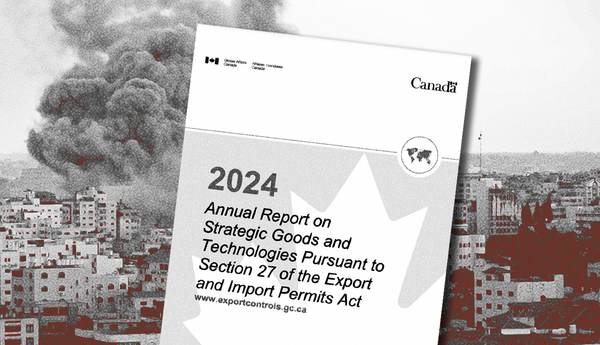On May 11, Mikayla Koevoets went viral.
The 27-year-old’s TikTok videos went from having several hundred views to more than 400,000. The clip that went viral was an update to one they had posted two days earlier that showed them leaving their London, Ontario home for the last time after being evicted by the property owner.
The owner had said that the eviction was necessary because his fiancée needed to move in.
In the viral video, Koevoets finds an image of the rental unit – the one that they were evicted from – with the rent raised by $300 per month.
Koevoets saw an opportunity to make an intervention on one of Ontario’s most pressing issues: Housing affordability and justice for renters. They wanted to use their platform to raise awareness about what renters are dealing with in an overheated market.
Koevoets said that for anyone who doesn’t have direct contact with someone who has been snared by the market, “my story humanizes the housing crisis.”
Over the past year in London, housing prices have risen by 30 per cent, with the average selling price for all types of residence currently at $823,954.
That is more than double the yearly average price changes seen in Ottawa and Toronto, and nearly ten per cent higher than the price change seen in Hamilton.
The rising real estate costs have also pushed rents higher: Average rent for a studio apartment in London is $1,153 per month, a 12 per cent increase over last year.
A report recently released by the City of London shows that based on average wages, single-earner renters now must work 154 hours each month to be able to pay for a two-bedroom, $1,200 per month unit, up from 139 hours per month in 2020.
Koevoets lived in their rental unit for just over a year. After having moved around every six months or so, “I was excited to finally have a place to settle down and stay for a long period of time,” they said.
Koevoets helped improve the space to make it more homey: They worked on the gardens and built a fire pit. “I was invested in this house, in staying there long-term.” Now, they’re back in their parents’ basement.
The apartment hunt has been depressing, to say the least. Koevoets said that they saw one unit going for $1,400 per month where the shower head was wrapped around a rail, and the toilet seat was hanging off its hinges. There was no fridge or cupboards in the kitchen, and there was gravel in the yard where one might expect grass.
Koevoets points to the fact that in the current market, renters have very little power or control over their own situation.
“Renters get less say … we’re taking what we can get,” they explained. “We’re settling for units that don’t have certain appliances or … natural lighting … It means we don’t get to vet our landlords; we don’t get to ask them questions like ‘can I hear about your last two tenants?’ or ‘how many complaints have you had filed on you?’; ‘When was the last time you did maintenance on A, B or C?’”
While the housing crisis has loomed large over the Ontario election, none of the parties are offering solutions that would meaningfully help renters like Koevoets.
Despite going viral and being featured in a story by CBC London, Koevoets said that none of the main-four party candidates were in touch with them to talk about what needs to be done to address affordability.
“I tweeted specifically at NDP candidates in London, and Andrea Horwath … and got no feedback, which is kind of disappointing,” said Koevoets.
They tagged London-area NDP candidates Terence Kernaghan, Teresa Armstrong and Peggy Sattler on Twitter, but received no reply. “I was kind of hoping that they would say something or speak up so that I could retweet and say, 'hey look, they want to do something.'” The Communist Party did follow up.
As Koevoets continues to search for a place to live (which you can keep up with on their TikTok), they have committed to continue being an advocate for renters.
In particular, they want to see better regulation of the rental market, especially as it relates to quality of housing.
“I make double the minimum wage and I don't have any kids; I have a car payment and some pets and I can’t afford this market,” Koevoets explained. “And I’m the key demographic who should be able to.”
Nora Loreto is The Maple's Ontario election reporter. She is the author of Spin Doctors: How Media and Politicians Misdiagnosed the COVID-19 Pandemic.







